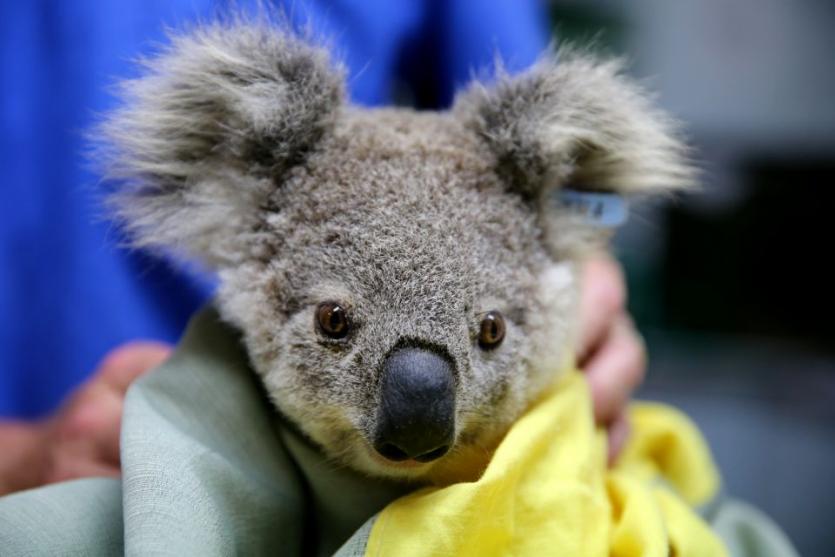Australia fires claimed the lives of 60,000 Koalas last year. Photo:Getty
Australia fires claimed the lives of 60,000 Koalas last year – could this year be just as bad?
By Patryk Krych | The World Daily | DECEMBER 7th 2020
According to the World Wide Fund for Nature (WWF), last year’s Australian bushfires led to the deaths, displacements, and injuries of over 60,000 Koalas. Since then, they’d been under consideration for being red listed on a list of endangered species.
With the fires in Australia starting up again, as is common for the Australian fire season, many are left wondering if the bushfires will be just as bad and devastating as they were in the previous year. A year so full of death and destruction for the country that it’d been deemed Australia’s ‘black summer’ by its Prime Minister Scott Morrison.
The fires had caused harm to an estimated 3 billion animals, as well as taken the lives of 33 people. For a long while before the fires, the habitats of Koalas had already been in gradual decline, and the bushfire’s destruction of over 59 million acres of land only perpetuated this growing difficulty for the Koala species.
“That (60,000 figure) is a devastating number for a species that was already sliding towards extinction in Eastern Australia. We cannot afford to lose koalas on our watch,” said Dermot O’Gorman, Chief Executive at WWF-Australia in a report.
According to a report made back in 2016 by a panel of koala experts, the numbers of Koalas even then were dangerously low. The report rounded the Koala species number to be around 329,000. Since this report had come out, four years ago, there have been yearly fires occurring, including the particularly devastating black summer. It’s very likely that the numbers of Koalas are now somewhere in the mid-200,000s or so.
“For all our focus on koalas, scientists are telling us that there is a serious lack of data about where populations actually are, how they are faring and the best ways to help them recover after the devastating bushfires,” said federal environment minister Sussan Ley.
“WWF is determined to help restore wildlife and habitats, rejuvenate communities impacted by the bushfires, boost sustainable agriculture and future-proof our country,” O’Gorman added.
Australia is currently gearing up to do a proper count of the Koala species – a difficult task as past investigations have proven. The government had made an announcement in November that stated it would be committing 2 million Australian dollars (£1.1 million) to the audit of the Koala species. They stated that new methods would be used to do this, including the implementation of drones, detector dogs, and acoustic surveying.






